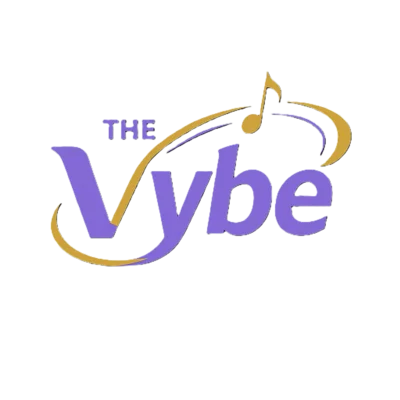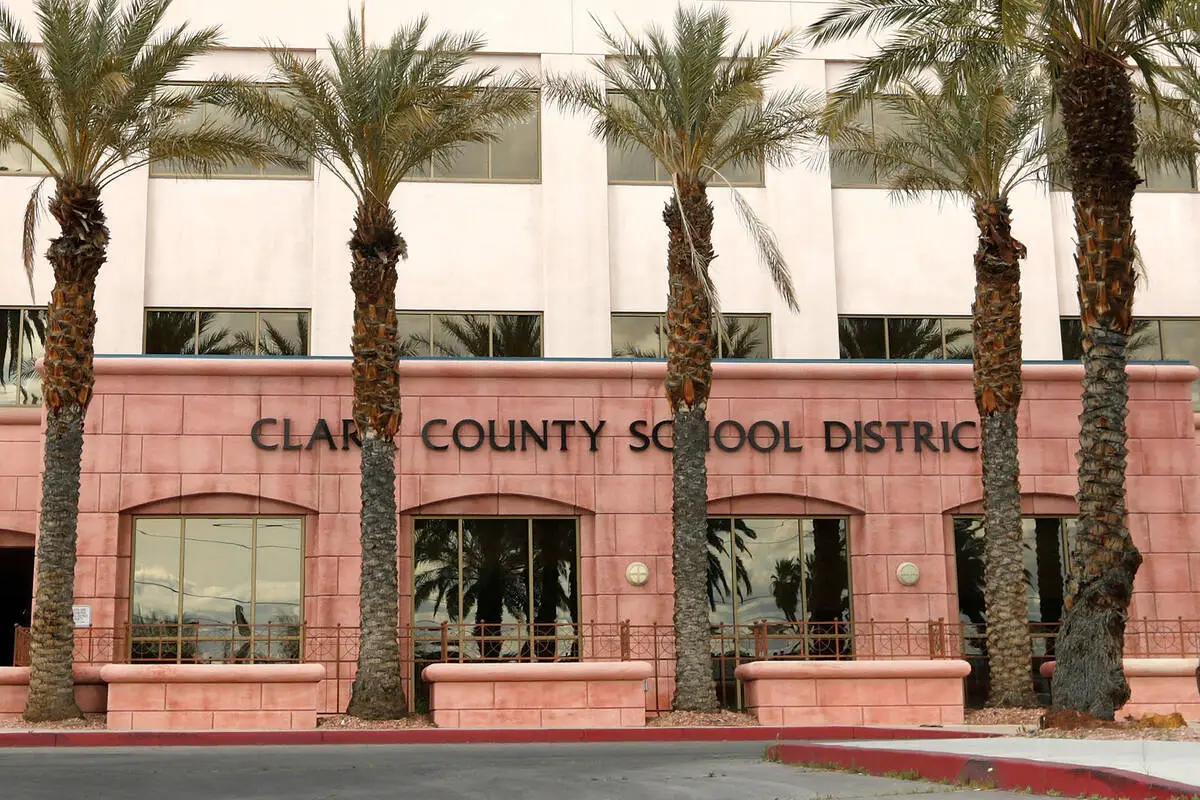Schools in Southern Nevada are entering a new era as artificial intelligence begins to play a larger role in education. The Clark County School District (CCSD), the fifth largest in the nation, has launched a one-year pilot program aiming to harness AI-driven tools for both teacher support and student learning.
Through this pilot, all district staff now have access to three main AI programs: Canva for graphic design, Gemini for Education (Google’s classroom-focused AI assistant), and NotebookLM, a note-taking tool powered by Gemini. The district covers the costs of Gemini and NotebookLM through its Google Suite license, while individual schools have the option to invest in additional district-approved programs.
About a dozen schools are testing these AI tools with students to gather feedback on their effectiveness. At Richard Bryan Elementary in Summerlin, principal Brandi Mora allocated over $7,500 to train eight teachers in the use of AI, positioning her school at the forefront of this technological shift. Mora sees AI as inevitable in education and is preparing her teachers and students to benefit from it early.
In practice, teachers are using AI to streamline lesson planning, brainstorm new ideas, and reduce time spent on routine tasks like writing emails or newsletters. This not only frees up hours each week but also helps teachers better balance their professional and personal lives.
For students, Mora emphasizes responsible AI use. Although her students are young (ages 5 to 11), she believes it’s critical to model proper use of these tools in a classroom setting, helping them develop digital literacy and understand AI’s potential and limitations.
UNLV associate professor Kendall Hartley supports this approach, suggesting that teachers should demonstrate how to use AI to stimulate learning and critical thinking, rather than simply as a shortcut to answers. He highlights AI’s potential to make education more personalized and equitable, giving every student a “tutor in their pocket.”
Teachers like Roger Becker, a fifth grade math teacher at Richard Bryan Elementary, are cautiously optimistic. Becker is part of a cohort providing feedback to district officials, helping to shape how AI is integrated across schools. While the full impact of AI remains to be seen, Becker believes careful experimentation will determine the most effective uses.
Leadership at CCSD, including Superintendent Jhone Ebert, is committed to a measured, thoughtful rollout of AI, guided by statewide ethics and principles she helped develop in her previous role. Ebert sees AI as a permanent fixture in education, emphasizing safety and the importance of educators as “AI copilots” for students.
Despite the excitement, experts like Hartley note that educational change can be slow. He argues that, while technology is a powerful tool, student success still relies on critical thinking, effective study habits, and self-regulation. The hope is that AI can help more students cultivate these skills—making classrooms not just more technologically advanced, but also more effective learning environments.

























